“When a country adopts MOSIP, it joins a growing network of nations implementing the platform, exchanging knowledge, and benefiting from shared experiences. Our goal is clear – when we started in 2018, two billion people lacked a usable digital identity. Today, we are working to close that gap, one country at a time.”
Prof. Santhagopalan Rajagopalan (President, MOSIP)
Representatives of over 25 MOSIP-adopting countries came together at an invite-only forum this month, designed to offer space for conversations and sharing of on-ground digital ID implementation journeys. Through presentations and panel discussions, participants exchanged learnings and contextualised both challenges and solutions towards building fundamental components of digital public infrastructure.
The day opened with Claire Dennis S. Mapa, (PhD, Undersecretary, National Statistician, and Civil Registrar General, Philippine Statistics Authority) sharing key milestones of the Philippines’ journey with MOSIP. As he spoke about National ID through the years, the spotlight was turned on what leveraging MOSIP has meant for the PSA. From establishing an efficient, interoperable, and trustworthy digital identification system in the country, to being able to include a digital signature in the QR code feature of National ID cards and more. The gathering gained insight into what has helped accelerate the PSA’s move past traditional methods of identity verification and ensure the security of National ID credentials.
He reiterated the crucial role that MOSIP has played throughout the establishment of the National ID System, ensuring that the vision for a digital identification system became a reality for all Filipinos.
As we heard about specific experiences and journeys, The MOSIP Ledger was presented by Prof S. Rajagopalan, (President, MOSIP & OpenG2P Projects and Chair, Centre for DPI, Chair, The Cenre for Open Societal Systems) and Nagarajan Santhanam, (Chief Dissemination Officer, MOSIP & OpenG2P). This was a look at MOSIP’s journey over 6+ years, working with 26 countries and generating nearly 130 million IDs till date. The MOSIP vision of a DPI approach was explored – a digital future that is interoperable, inclusive, and trusted – and a comprehensive technology stack was presented as a result of 6 years of iterative development. The audience also gained further insights on MOSIP’s offerings, MOSIP Marketplace, localisation and more.
Also sharing the Filipino perspective was Rene C. Mendoza, (Assistant National Statistician, Philippine Statistics Authority). His talk, titled ‘The Journey to 95.22M registrations: Our Strategy’ touched upon the challenges in a country like the Philippines – spanning logistics, population, and access to the internet. Initiatives like Philsys on Wheels and Philsys on Boats were highlighted as ways to reach those with limited logistical access. The use of colocation at hospitals and airports was another way that helped PSA register children and overseas Filipinos.
The day progressed with more stories from the ground. Eyob Alemu, (Director of Technology, NIDP), and Abenezer Feleke, (Director, Communications & Knowledge Management, NIDP), representatives of Ethiopia, spoke about Managing ID Operations: Challenges, Solutions, and Capacity Building for National Rollouts. They shared insights on the number of people with Fayda IDs, the multiple use cases, the technology, and the use of media and other platforms to popularise Fayda. Communication, operations, policy, and technology challenges were addressed and solutions were discussed.
A panel discussion on Driving Adoption through Use Cases: Practical Applications for ID was moderated by Krishnan Rajagopalan, Head of Country Implementations, MOSIP with panelists Sovann En, Gladis Virginia Cachay, and Luke Mate, representatives of Zambia, Cambodia & Peru.
This was followed by a discussion on Brown Field Implementations with MOSIP with Grace Nanyanzi, Lanre Yusuf, Frank Kalemba, and Emmanuel Koidou from Uganda, Nigeria, Zambia, and Côte d’Ivoire. Moderated by Gabi Adotevi, Head of West Africa, MOSIP, the discussion highlighted how the MOSIP platform can be integrated with existing databases or identity systems and legacy infrastructure can be upgraded to modern digital identity systems by working with MOSIP and local experts.
In line with the aim of Country Conversations, MOSIP Pilot Experience Sharing was a panel discussion that brought forth the on-ground challenges and experiences. Arturo Solis, Karim Konseiga, Silvestre D’Apresentcão, Abdourazakhe Abani, representatives of Mexico, Burkina Faso, São Tomé, and Niger participated in this panel moderated by Carine Ayivi Fandalor, Project Manager – Asia Pacific, MOSIP.
The day concluded with an in-depth Q&A session, where country representatives engaged directly with MOSIP’s leadership – Prof. Santhagopalan Rajagopalan (President), Nagarajan Santhanam (Chief Dissemination Officer), and Ramesh Narayanan (Chief Technology Officer).
This session offered valuable insights into MOSIP’s implementation, design rationale, and strategic approach. Discussions covered key challenges such as data migration, vendor lock-in, cost considerations in national rollouts, and shared infrastructure for digital services. It also highlighted MOSIP’s ongoing and future initiatives, including capacity building, new specifications, and enhancements to improve adaptability and inclusivity.
Through a guided tour organised by PSA, over 60 country delegates visited two live registration and authentication centers for the National ID of the Philippines. This gave the delegates a behind-the-scenes experience of one of MOSIP’s most successful and largest national ID rollouts.
With several meaningful takeaways, MOSIP Country Conversations 2025 provided a forum for countries to share their experiences, address pressing questions, and strengthen collaboration, paving the way for continued engagement and deeper partnerships in the pursuit of inclusive and secure national digital identity solutions.




